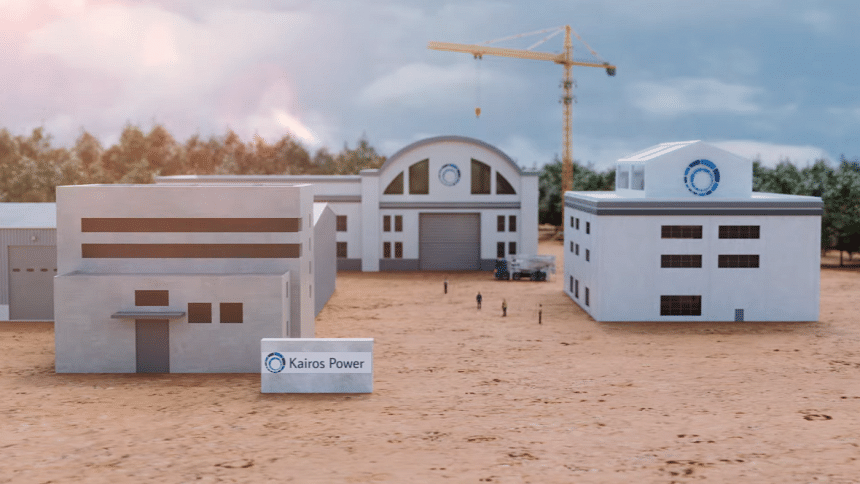Google goes nuclear to power up AI

Google is making a bold shift toward nuclear energy to power its artificial intelligence (AI) data centres, signing a deal with nuclear tech startup Kairos Power to use small nuclear reactors.
The partnership marks a significant move as Google seeks reliable, carbon-free energy sources to meet the increasing power demands of AI technologies. The first reactor is expected to come online this decade, with more planned by 2035, as per an official statement by Google.
As AI becomes more central to Google's operations, the company is facing growing energy needs. "The grid needs new electricity sources to support AI technologies," said Michael Terrell, Google's Senior Director for Energy and Climate, in the official blog by the company. Nuclear power, which provides consistent 24-hour electricity and is virtually carbon-free, offers a clean solution for powering the energy-intensive hardware required for AI, suggests the tech giant.
Kairos Power, which specialises in small nuclear reactors cooled by molten fluoride salt, is developing advanced nuclear technology aimed at helping decarbonise the power grid. The deal with Google is a key step in demonstrating the viability of these reactors for commercial use, according to Kairos executive Jeff Olson.
The nuclear shift by Google is part of a larger trend in the tech industry, where energy demands from data centres are skyrocketing. Global data centre energy consumption is expected to more than double by 2030, driven largely by the rapid growth of AI. Other tech giants, including Microsoft and Amazon, have also turned to nuclear energy as a sustainable solution.
While nuclear energy provides a path to reducing emissions, it's not without controversy, with critics constantly raising concerns about radioactive waste and the risks associated with nuclear power, suggests a recent report by BBC on the matter.

 For all latest news, follow The Daily Star's Google News channel.
For all latest news, follow The Daily Star's Google News channel. 








Comments